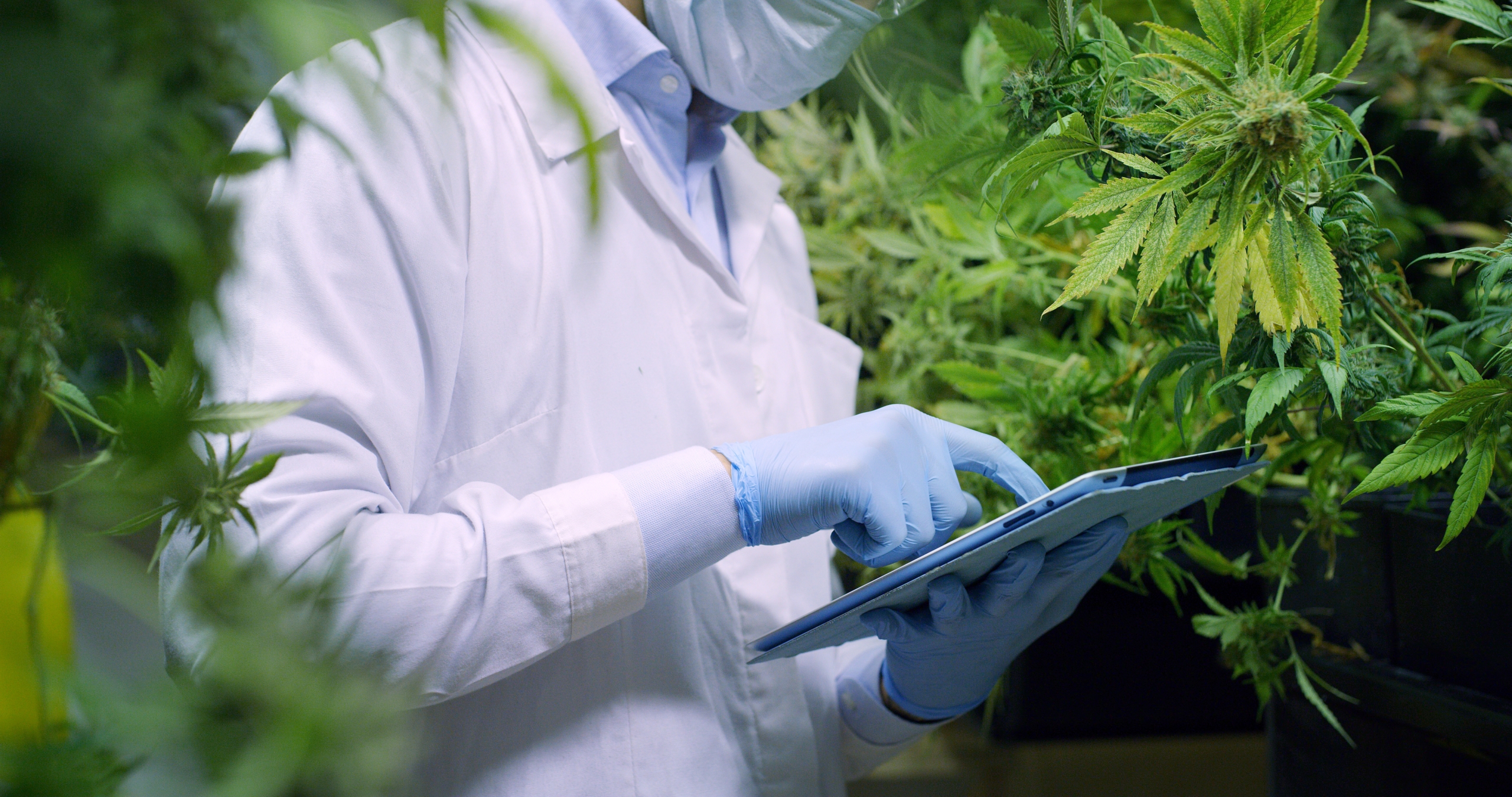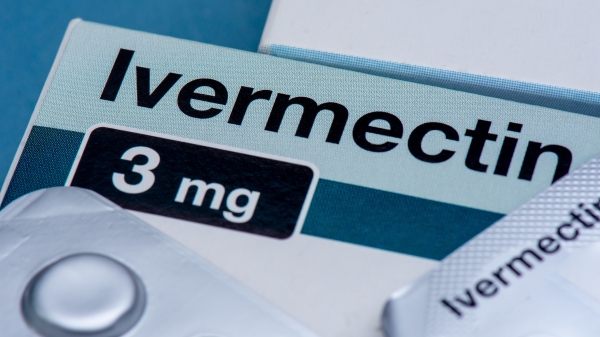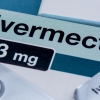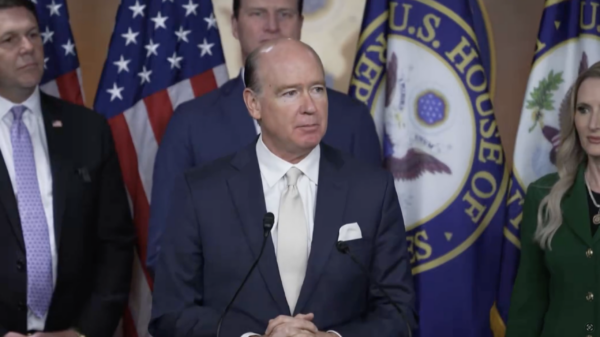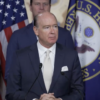The Alabama Medical Cannabis Commission heard from commission member Sam Blakemore Thursday regarding various types of cannabis products that could be made available.
Blakemore said the maximum number of days that could be purchased at a time will be 60, while patients will be allowed to possess up to 70 days worth of cannabis at a time. The maximum dosage would be 75 mg a day of Delta 9 THC and the maximum potency for minors would be 3 percent.
However, Blakemore said there could be room for deviation in some instances.
“Neurologists treat to effect,” Blakemore said. “When it comes to products, you’re going to treat to an effect, not to a packaged labeling. Practicing neurologists would submit in writing why they are exceeding the maximum dose.”
In his presentation, 2.5 mg of THC was identified as a threshold dose, while 5 mg is “usually efficacious and tolerated.” 10 mg creates a strong effect for all except those with tolerance and is too much for some people, Blakemore said. Doses 20 to 30 mg and above risk psychoactive and other adverse effects.
Blakemore also informed the commission about the varying product mixes possible. There are THC-dominant and CBD-dominant mixes as well as mixes with THC and CBD in equal parts.
The differing chemical profiles would come from cross-breeding different plants.
Blakemore also talked about terpenes, chemicals responsible for the smell, taste and mouthfeel of different cannabis products. These terpenes, Blakemore said, can alter the perceived efficacy of the product.
“The ‘entourage effects’ enhance the product’s feel for the patient,” Blakemore said. “Because of that the patient says ‘I have a better effect with that product.’”
Ultimately, Blakemore said the correct dose is the “lowest that produces a therapeutic benefit without associated adverse events.”
Blakemore also broke down the different costs associated with varying forms of cannabis products, from topical creams to sublingual sprays.
Using publicly available data from a supplier in another state, Blakemore found topical creams to be the cheapest per unit at $1.13 per mL, with a typical package containing 30 mL. Sublingual sprays fall at the other end of the spectrum at $3.89 per mL, making the standard 15 mL package $58.29. However, sublingual sprays have been found to work the fastest, Blakemore said.
“It’s important not to focus on high-end products, to ensure there are affordable options,” Blakemore said. “Price transparency is important. We need to do anything we can to ensure patient affordability, so they’re not just getting certified by a physician and then going back to the black market.”
Capsules averaged $1.39 each, lozenges $1.33 each and suspensions $1.36 per mL.
Blakemore also discussed choosing a warning label to make it clear the product contains cannabis as well as an information label.
One of the keys to the information label, Blakemore said, is the QR code that allows for the tracking of the product from “seed to sale.” The label would also include information such as product and serving information, THC and CBD measurements, ingredients, health wanrings and expiration date.
Blakemore also expressed his opinion that the commission should create a unique logo so that it can be owned by the state.
The commission also heard from Chris Ferguson of the Florida Office of Medical Marijuana Use about the neighbor state’s process and advice.
The commission is seeking to hear from more states as it continues its work to avoid pitfalls other states have faced and follow examples that have worked well.
The commission also heard from several other committee reports during the meeting and established two new committees to continue its work on creating the rules and processes for creating and distributing the drug.
The committee will meet again on Dec. 9.







































